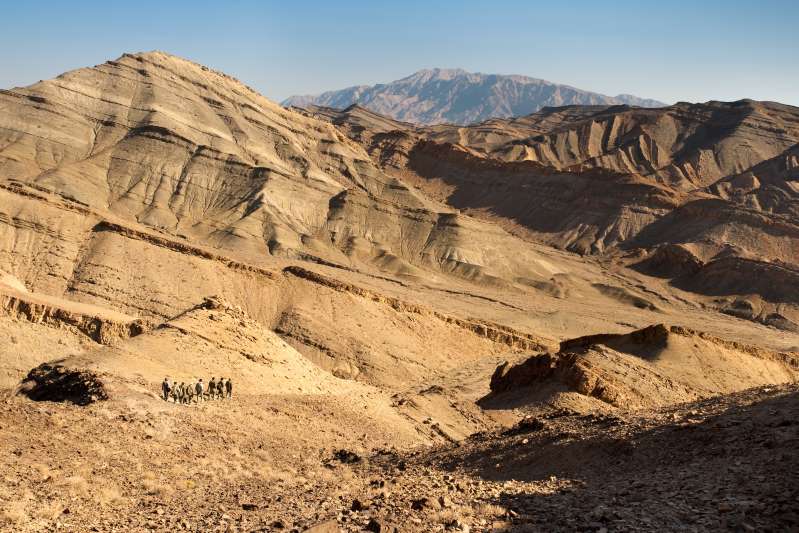 View Winners →
View Winners → How Iran is destroying its once thriving environmental movement

Just a few decades ago, Iran boasted the greenest government in the Middle East. An expansive national park network protected species found almost nowhere else in the world. The nation’s rivers delivered potable water; air pollution was minimal. But now, the parks are being subsumed by development. The country’s waterways are withering away , in no small part because neither conservationists nor campaigners dare voice their concerns about the environment for fear of retribution.
Many top wildlife biologists languish behind bars, and so some of Iran’s unique species are endangered only decades after a previous generation of conservationists had brought them back from the brink. “Highly respected conservationists in Iran face torture, unfair trials on fabricated charges, and prolonged arbitrary detention,” says Richard Pearshouse, head of crises and environment at Amnesty International. “Iran’s revolutionary guards and courts have effectively obliterated the civic space required for legitimate wildlife conservation.”
This case has swept unprecedented terror across Iranian environmentalism. Scientists and conservationists are fleeing the country in ever greater numbers, Iranians who live abroad say. Activist groups have become more risk averse than ever—so much so that some international conservation organizations say their local partners will no longer work with them. […]





































































































